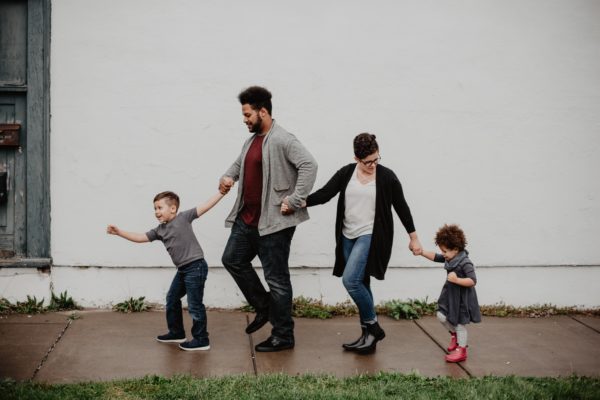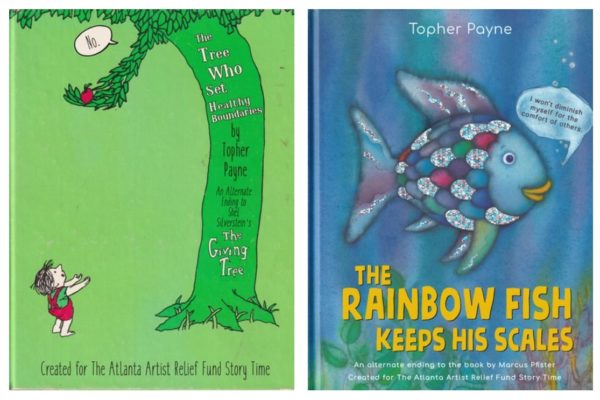We all have coping strategies for when we feel bad, sometimes several. But most people habitually turn to one of four common strategies:
- Attack the other person for letting this happen
- Attack themselves for letting this happen
- Hide from others (withdrawal)
- Hide from self (avoidance)
It’s known as “The Compass of Shame.” Which one is your strategy? Which one is your kid’s?

It would be lovely to live in a world where there was no reason to feel bad, where we never felt an attack of shame. Since it’s part of who we are as social creatures, however, it’s worth examining.
Sometimes one person goes into Attack Other, and their target goes into Attack Self. Or maybe the fight escalates as the whole family goes into Attack Other. For our adolescents, Withdrawal and Avoidance are common coping mechanisms for feeling powerless.
How does this go down in your family? When was the last time you felt shame?
Maybe you feel badly because you actually screwed up and now need to apologize. Or perhaps you haven’t messed up and the situation is more about crossed boundaries.
We can go into these coping mechanisms (attack other, attack self, withdrawal, avoidance) when we’re uncomfortable and don’t know what to do about it. This is the opposite of defending boundaries well.
Either way, you’ll need to model for your kids a healthy way to right the situation. Let’s break it down into concrete steps:
A satisfying apology has 3 parts:
- An honest expression of how you feel (guilty, remorseful, sorry, ashamed, concerned, etc.)
- The question “how can I help make things better right now?” and action in that direction
- A plan: how you’ll avoid or prevent this same situation in the future.
Resolving crossed boundaries has 3 parts too:
- Noticing that your boundary was crossed (feeling it)
- Prioritizing yourself in that moment (deciding to do something about it)
- Taking action or speaking up
This is on my mind because it’s been coming up for my clients. It’s also the Jewish High Holidays this week, a time of atonement and reparation, followed by new beginnings.
So, if you have something to atone for, try the 3 part apology. If you’re ready for new beginnings, notice how you orient on the Compass of Shame, and reflect on what would be a more empowered way to react. When you notice yourself following that old pattern, pause and acknowledge that your boundaries have been crossed. Decide instead to prioritize yourself and take action.
Want more on boundaries? It’s a big piece of what I help my clients teach their kids. Many of us have not been taught boundaries skills at all, and that makes it hard to model them well! If you’d like some guidance in this area, let’s hop on the phone together. Tell me about your situation and I’ll help you take the next step in boundaries skill building.
In support of you,
Anya
P.S. The next group program launches this November, and the boundaries work is a big piece of it! Interested in getting a foundational skill set, from parenting best practices to answering questions to age-appropriate conversations? Grab a spot on my calendar and let’s see if it’s a fit.








